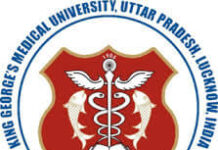Since the early 1900s, International Women’s Day has been observed to honour women’s social, economic, cultural, and political achievements. Women, today, have risen to shatter the glass ceiling to break barriers in the field of science and medicine. This year’s United Nations’ theme, “#Break the bias,” focuses on “Gender equality today for a sustainable tomorrow.” Let us take a look at a those women who have revolutionized the field with their path breaking discoveries and contributions.
Dr. Anandibai Joshi
 A victim of child marriage, at the age of 14, Anandibai Joshi had given birth to a child who passed away shortly after birth. The reason: Inadequate availability of medical services in the country. This was a defining moment in Joshi’s life, inspiring her to pursue a career as a doctor.
A victim of child marriage, at the age of 14, Anandibai Joshi had given birth to a child who passed away shortly after birth. The reason: Inadequate availability of medical services in the country. This was a defining moment in Joshi’s life, inspiring her to pursue a career as a doctor.
After graduating from Women’s Medical College in Pennsylvania (now known as Drexel University in the United States), she went on to become Dr. Anandibai Joshi, the country’s first female Indian physician and the first Indian woman to have gained a degree in western medicine.
Her studies overseas, however, drew a lot of criticism from 19th-century Indian culture. But an undeterred Anandi addressed a speech to the community at Serampore College Hall, West Bengal explaining the need for female doctors in India. Her speech drew a lot of support from all over the country.
Dr. Joshi worked as a doctor-in-charge at Albert Edward Hospital, Kolhapur after her graduation, however, her practice was short-lived when she had contracted tuberculosis which led to her death at the tender age of 22.
Dr Ketayun Ardeshir Dinshaw
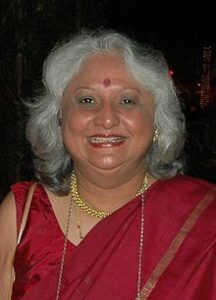

She later started her career as an assistant radiotherapist at Tata Memorial Hospital in 1974, and went on to work with the organisation for 35 years, including 13 years as director. She played a significant role in the evolution of modern cancer care and the development of effective radiation therapy in India with the President conferring her with a Padma Shri in 2001.
Dr. Indira Hinduja
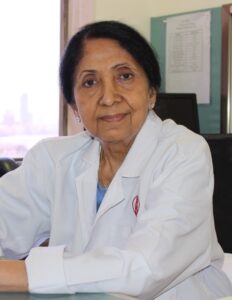

She received her training as a gynaecologist and infertility expert at King Edward Memorial hospital in Mumbai. She now continues to help couples with infertility issues at her practice at Hinduja hospital in Mumbai.
Dr. Manjula Anagani
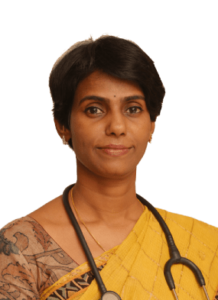

Dr Anagani has been primarily recognized for her contributions to the field of laparoscopic surgery, especially for primary amenorrhea wherein autologous stem cells were used to regenerate the endometrium and also for a technique that created a Neovagina for women with absent vaginas.
Her health campaign, ‘Suyosha-A Perfect Woman’ aims to address all aspects of woman’s health, child abuse and health education of adolescent girls. She is also said to have co-founded an NGO called ‘Pratyusha Support’ that works for the empowerment of women.
Dr. Gagandeep Kang
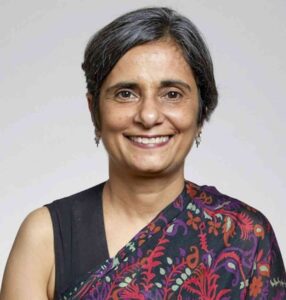

She was presented with the Infosys Prize for her research and discoveries. Dr Kang is also known for combining her scientific discoveries with policy-making to deliver holistic results on many vaccines. Her work has led to her being hailed as the “vaccine godmother” of India.







